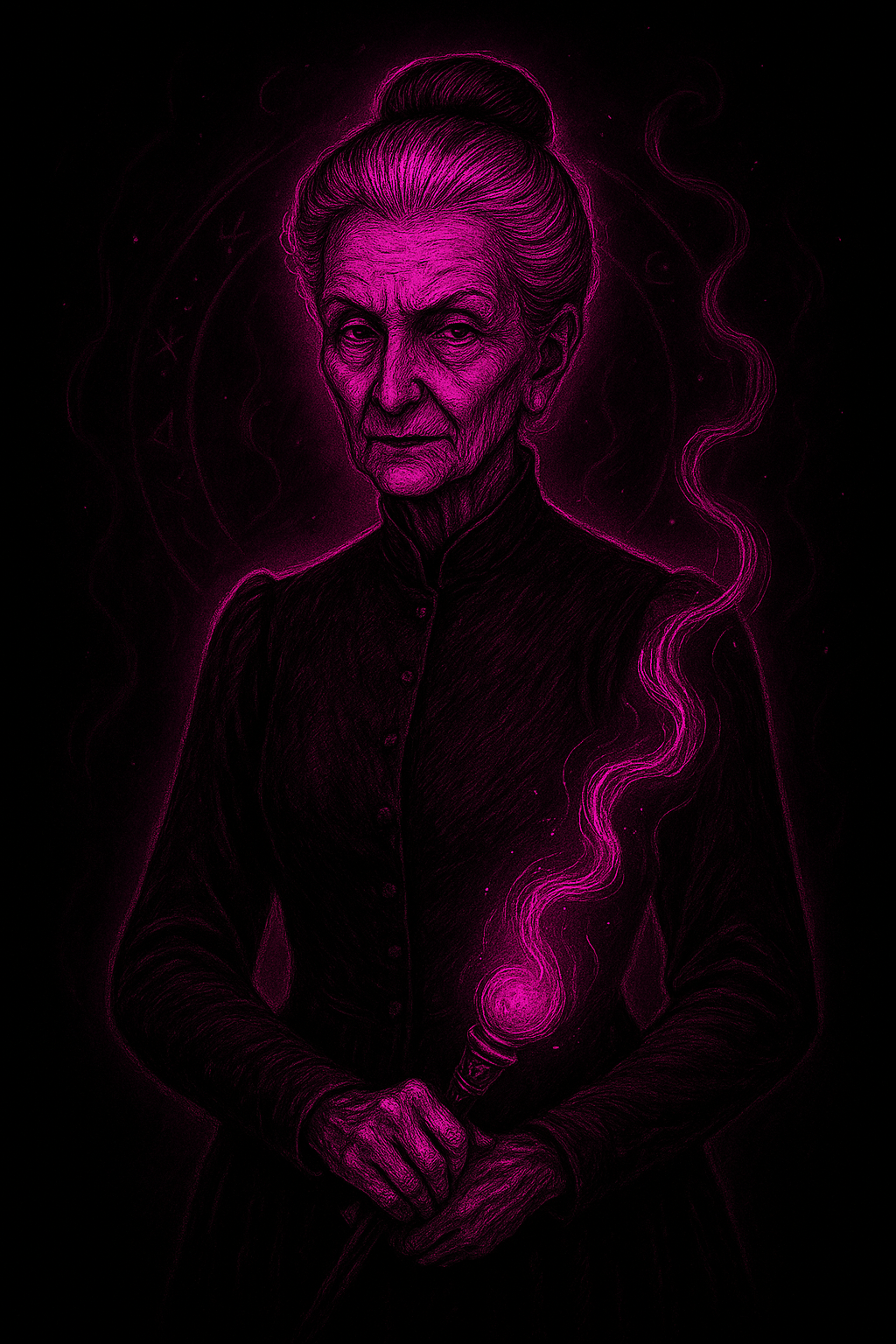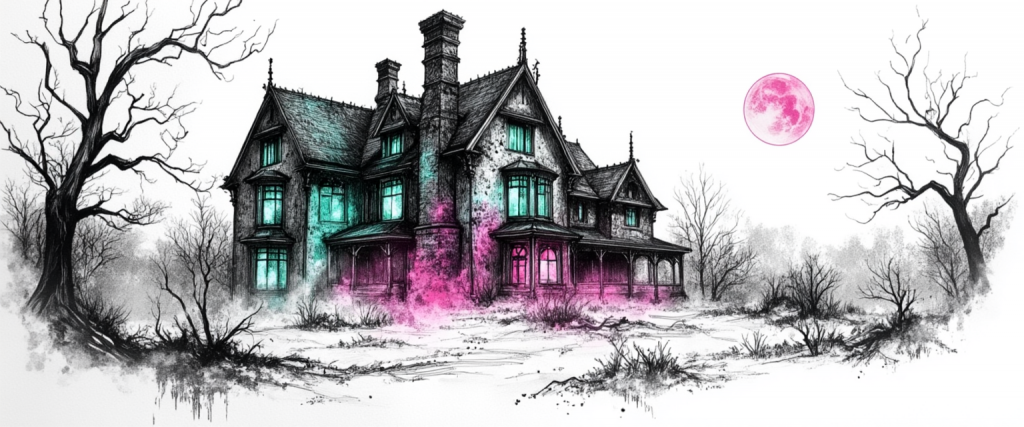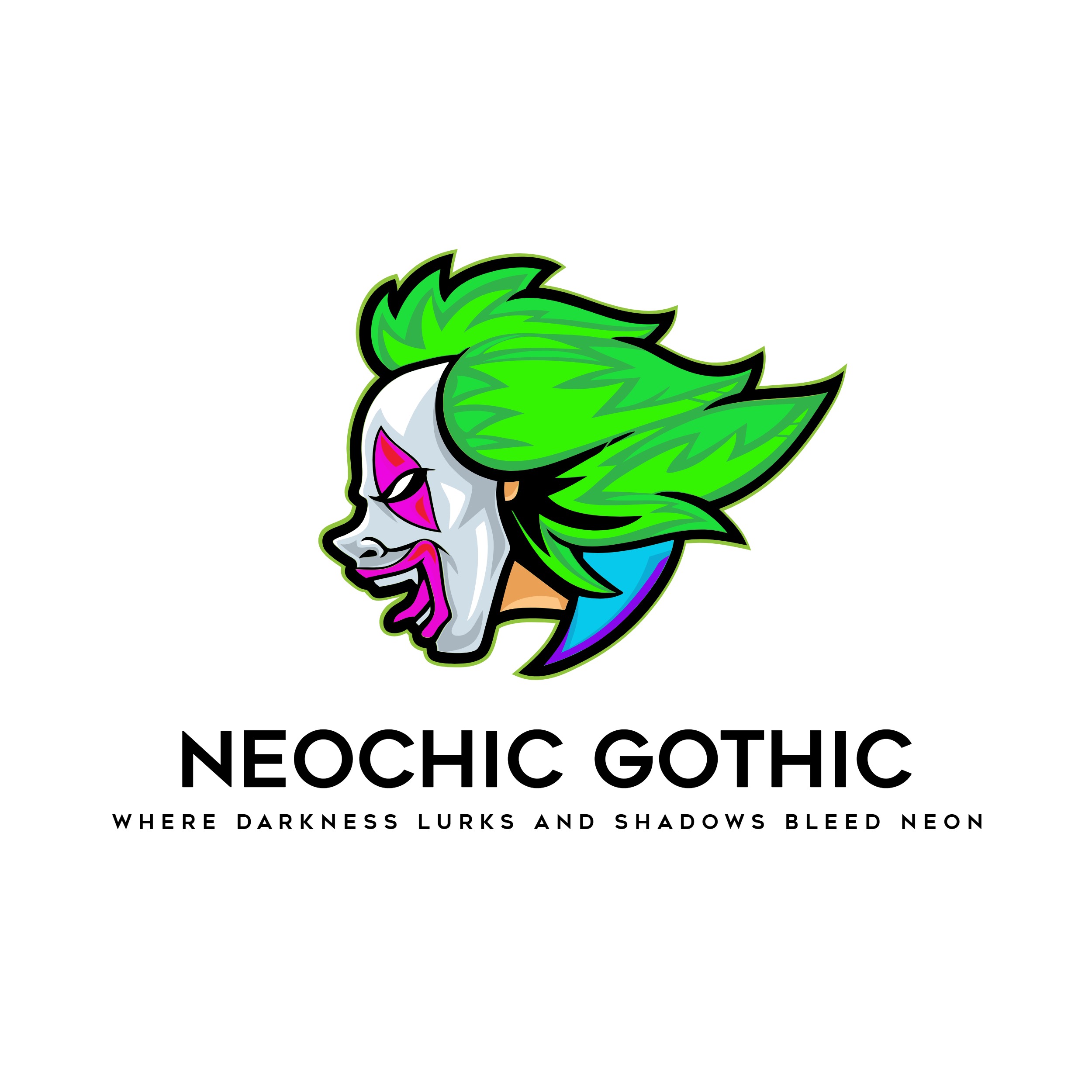Your basket is currently empty!

Lady Margaret Matthews

The Grandmother (Deceased)
Margaret does not walk with a cane; she announces herself with it. The polished wood taps against the stone floors of Mourningford like a gavel striking judgment, though she has no real need of its support. Her back remains rigidly straight, shoulders squared, posture so impeccable it borders on defiance of age. A severe bun pulls her white hair into a crown of discipline, and her angular face — high cheekbones, a sharp beak of a nose — lends her the silhouette of a bird of prey watching from the rafters.
Majyk:
Margaret Matthews does not need to raise her voice. She has mastered manipulation and dominance, She had too, the only daughter in a family of eight children taught her to be rigid and fierce in the face of opposition. Her ‘brothers’ learned quickly that to tease her was to invite retribution and many of them bore scars of her revenge. Her control is invisible but palpable — like spider silk you don’t see until you’re caught. She can tilt a room with silence, bend a person with a glance. The silence around her is enough. Bobby learns quickly that Margaret’s power lies not in cruelty shouted, but in expectation unspoken. Her cane is both weapon and theatre, a sceptre she rests both hands upon as though enthroned.
Unsettling Detail:
When she smiles, it is faint and regal — so practiced that it feels like a mask set upon her face rather than something born of warmth. Her gaze lingers a fraction too long, as if measuring your worth in ounces of bone.

“Your grandmother was not sentimental. Don’t mistake the will for a gesture of love.”
There’s nothing to say to that. She’s right. Margaret’s hand on my shoulder in the orchard wasn’t soft.
It was heavy, as if checking how much weight I could bear.Bobby & Meredith – On A Dark & Crooked Path

